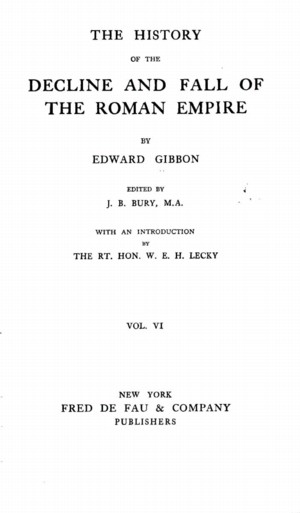

He reads The Death of Arthur, Canterbury Tales I and the part of Host in Canterbury Tales II, Arabian Nights, The Decline and Fall of the Roman Empire, The Old Testament, Romeo and Juliet and The Essential Dylan Thomas for Naxos AudioBooks. TV roles include Lloyd George, Magua in The Last of the Mohicans, Brookside and A Mind to Kill. It asserts that understanding the new heroic ideal helps explain why secular warrior-heroes like Belisarius and Totila, so familiar from Classical literature, gradually disappeared from literature in the ensuing centuries and were replaced by these “holy heroes of Christ.Philip Madoc’s extensive theatre work includes the roles of Othello and Iago, Faust and Macbeth and, with the RSC, The Duke in Measure for Measure and Professor Raat in The Blue Angel. The thesis concludes by comparing and contrasting Procopius’ descriptions of holy men and secular men. People were no longer described as Romans and barbarians, but increasingly, were designated as Christians and pagans.

It suggests that Procopius’ descriptions of “barbarians” represented a new Christian vision of ethnicity. The thesis explores how the new Christian heroic ideal influenced Procopius’ description of foreign peoples. It then examines the similar and different ways these writers defined ideal and non-ideal men. It focuses on Greek writers from the heroic age of Homer, to the sixth-century CE ecclesiastical and pagan historians. In order to understand the innovative aspects of the new Christian heroic ideal as Procopius presented it, the thesis traces the origins and development of both Classical and Christian notions of valor. Procopius’ writing reveals that sixth-century Eastern Roman society was abandoning Classical constructions of heroism based on an individual’s worldly achievements and military prowess and adopting Christian notions of courage dependant on piety, humility, and divine intervention. It argues that, despite Procopius’ reputation as the last great Classical historian, he created heroes that were firmly rooted in the sixth-century CE Christian Byzantine world. This thesis examines the sixth-century CE Byzantine historian Procopius’ notion of men’s heroic conduct.


 0 kommentar(er)
0 kommentar(er)
